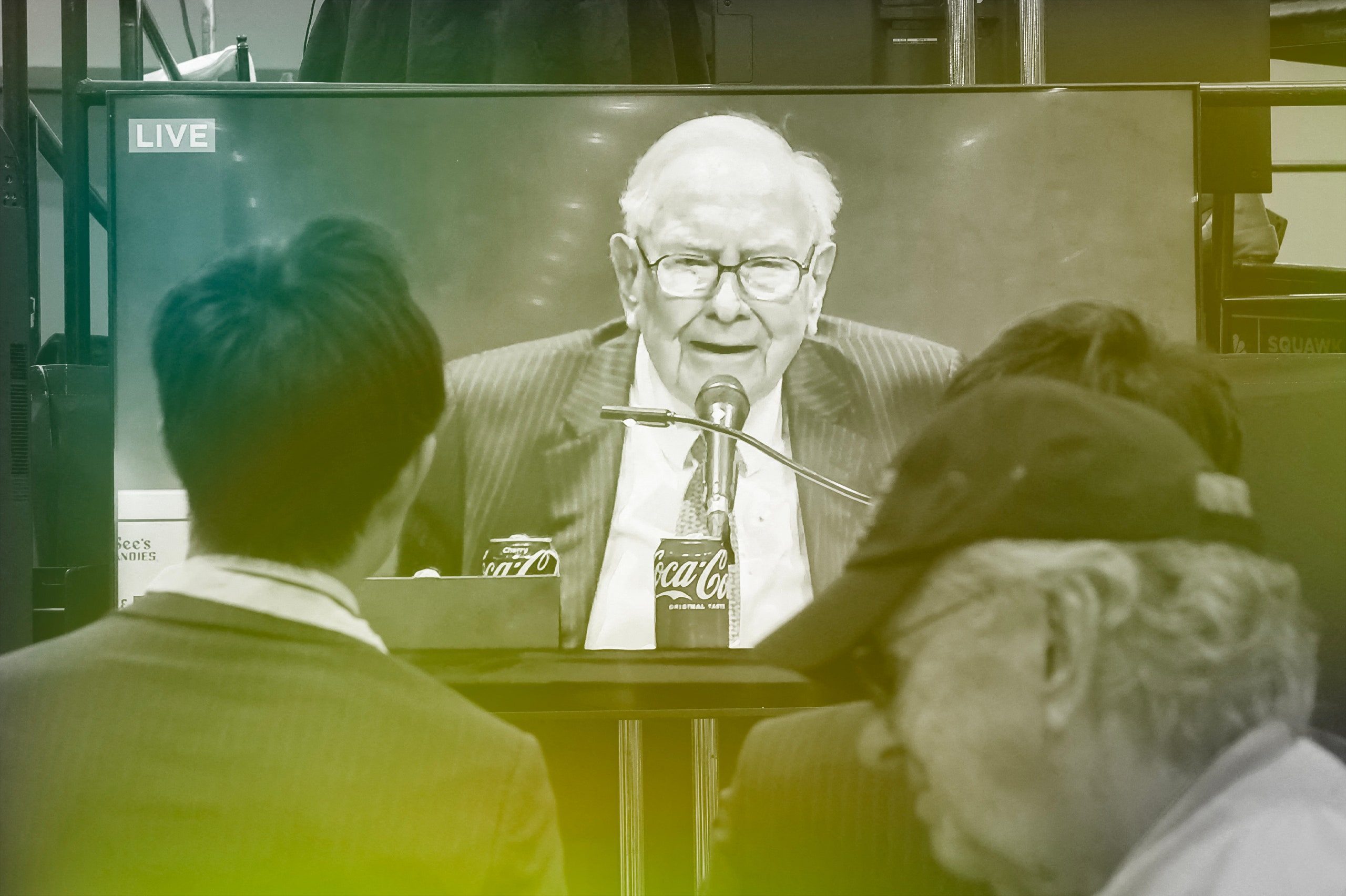Now Reading: Three Faces of American Capitalism: Buffett, Musk, and Trump
-
01
Three Faces of American Capitalism: Buffett, Musk, and Trump
Three Faces of American Capitalism: Buffett, Musk, and Trump

Over the weekend in Omaha, Nebraska, Warren Buffett made an announcement at Berkshire Hathaway’s annual meeting that he will step down as CEO by the end of the year. Some attendees were moved to tears upon hearing this news as they are mainly shareholders of Berkshire Hathaway. Buffett, who is ninety-four years old and known as the Sage of Omaha, is not only recognized for his financial success but also for his humble lifestyle, advocacy for higher taxes on the wealthy, and commitment to donate the majority of his wealth. Many consider Buffett to embody an acceptable form of American capitalism.
As Buffett revealed his upcoming departure, contrasting news about other figures in the business world surfaced. The media delved into the Trump family’s involvement in new crypto ventures, while Bill Gates criticized Elon Musk’s handling of the U.S. Agency for International Development, accusing him of causing harm to underprivileged children.
These recent events prompted reflections on Thorstein Veblen, a social theorist who critiqued capitalism in the first Gilded Age. Veblen’s distinction between the “industrial class” and “pecuniary class” resonates today, shedding light on figures like Buffett and Musk. Despite their differing approaches, both can be seen as part of the pecuniary class, highlighting the complexities of modern capitalism where industry, finance, and government intertwine.
While Buffett’s Berkshire Hathaway has faced regulatory fines, it has largely avoided major scandals by maintaining long-term investments and emphasizing charitable giving. Buffett’s philanthropic efforts, along with initiatives like the Giving Pledge, underscore a shift towards responsible wealth distribution among the ultra-rich. This contrasts with the behavior of some billionaires who exploit tax loopholes and prioritize personal gain over societal well-being.
In a world where billionaires wield significant influence, Buffett’s advocacy for fair taxation and charitable contributions stands out. The ongoing debate over tax fairness and ethical business practices underscores the need for greater accountability and conscientious stewardship of wealth.






